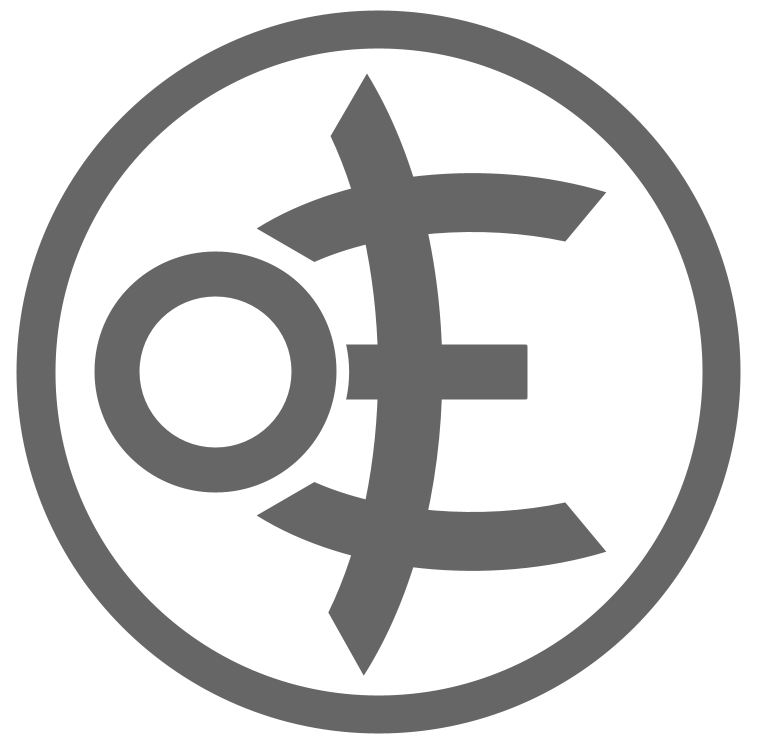@o_o@programming.dev asked “why are folks so anti-capitalist?” not long ago. It got quite a few comments. But I noticed a trend: a lot of people there didn’t agree on the definition of “capitalism”.
And the lack of common definition was hobbling the entire discussion. So I wanted to ask a precursor question. One that needs to be asked before anybody can even start talking about whether capitalism is helpful or good or necessary.
Main Question
- What is capitalism?
- Since your answer above likely included the word “capital”, what is capital?
- And either,
- A) How does capitalism empower people to own what they produce? or, (if you believe the opposite,)
- B) How does capitalism strip people of their control over what they produce?
Bonus Questions (mix and match or take them all or ignore them altogether)
- Say you are an individual who sells something you create. Are you a capitalist?
- If you are the above person, can you exist in both capitalist society and one in which private property has been abolished?
- Say you create and sell some product regularly (as above), but have more orders than you can fulfill alone. Is there any way to expand your operation and meet demand without using capitalist methods (such as hiring wage workers or selling your recipes / process to local franchisees for a cut of their proceeds, etc)?
- Is the distinction between a worker cooperative and a more traditional business important? Why is the distinction important?


Purpously forking the discussion here, since it’s two separate points and I don’t want one to overshadow the other.
Capitalism theory is ex-post, while communism theory is ex-ante.
Or to put it differenlty: Capitalism just happens while communism is a design.
Every single society that has ever existed spontaneously forms hirarchies.
So capitalism theory is about how to mitigate or exploit (depending on what side of the discussion the theorist is on) these hirarchies.
Communist theory instead is like a what-if-fanfiction to capitalism. What if nobody wants power? What if nobody wants an advantage?
There are essentially two ways communist theorists go. Either they split the world into bourgeoisie vs proletariat, believing that they are two separate species of humans and only the bourgeuisie wants hirarchy, so if they kill them everyone else has no wish to ever have an advantage over others, which is obviously flawed thinking. The proletariat is not in power because they can’t, not because they wouldn’t want to.
The other option is to proclaim the “dictatorship of the proletariat” (a term coined by Marx and Engels, which I guess, according to your definition aren’t real communists either then), embrace hirarchies and have a central instance that governs and enforces their view of communism.
There’s a simple reason why hirarchies emerge. People aren’t identical. There’s always someone who is more intelligent, has more knowledge/experience, is more charismatic, speaks/writes better, can naturally get people to follow them. Boom, there’s a hirarchy.
And if that person is consistently the person others turn to, this hirarchy becomes solidified.